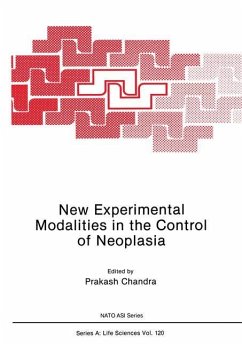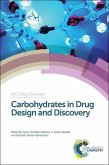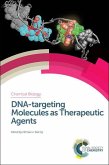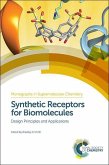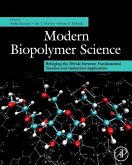Targeting protein degradation using small molecules is one of the most exciting therapeutic strategies in decades and a rapidly growing area of research. Since a large portion of the proteome lacks a small molecule ligand or enzymatic active site, there has been much interest in the development of novel technologies to address this so far undruggable proteome. In particular, the development of proteolysis targeting chimera (PROTACs) as potential drugs capable of recruiting target proteins to the cellular quality control machinery for elimination has opened new avenues for chemical biology and drug discovery to address traditionally "difficult to target" proteins. Since their initial description, PROTACs have been shown to be a versatile technology capable of inducing the degradation of a great variety of proteins including transcription factors, kinases, cytosolic proteins, and nuclear epigenetic readers. The broad applicability of this approach with regard to the different types of intracellular proteins that can be degraded and the variety of E3 ligases that can be engaged suggests that future PROTAC-based drugs could be developed to treat a broad spectrum of severe diseases. Leading academic and industrial experts deliver an overview of recent trends in controlling protein levels within cells by applying small molecule tools and drugs including an outlook on current and future developments of protein degrading small molecules and beyond.
Hinweis: Dieser Artikel kann nur an eine deutsche Lieferadresse ausgeliefert werden.
Hinweis: Dieser Artikel kann nur an eine deutsche Lieferadresse ausgeliefert werden.



